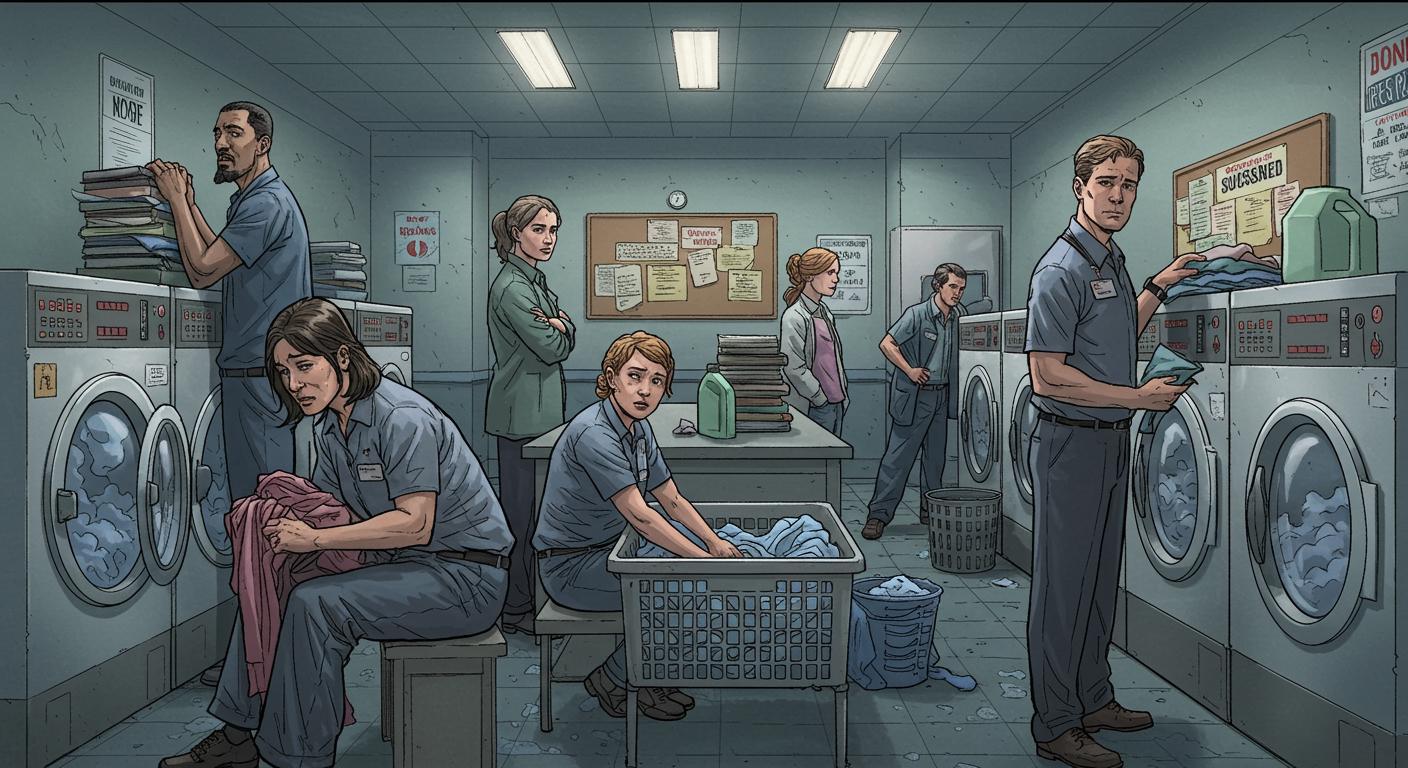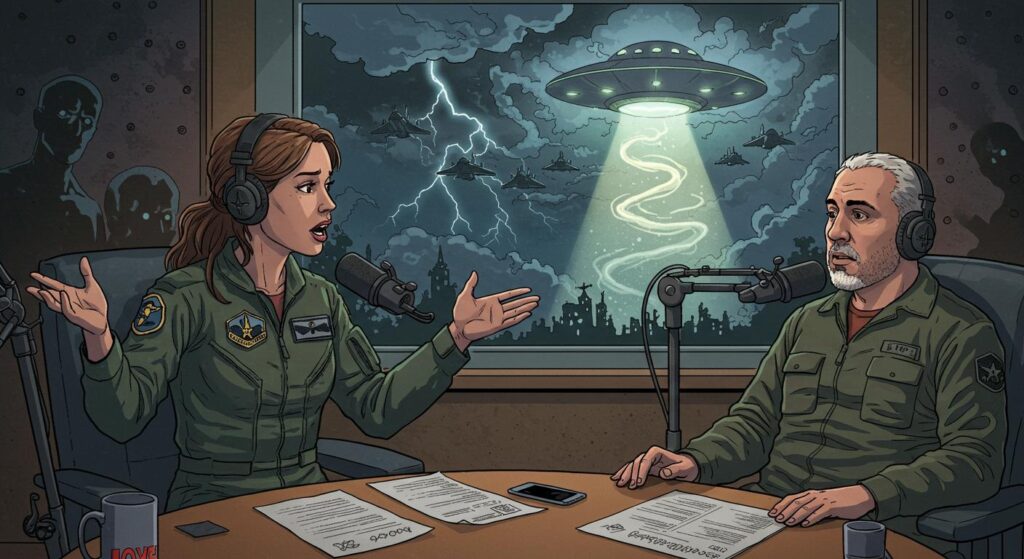Universities around the world have always had a flair for the “innovative,” but sometimes, one wonders if somewhere along the way, someone confused academia’s mission with the script for a particularly surreal wellness app. Case in point: the University of Technology Sydney’s (UTS) response to a staggering wave of layoffs and course suspensions. Nothing says “academic workplace of the future” quite like being told to manage existential dread by washing your sock collection.
As outlined in reporting from ABC News, UTS is contending with a $100 million budget shortfall, leading to plans to cut approximately 400 staff—about 10% of its workforce—and to suspend new enrolments for 146 courses spanning six faculties. For those familiar with higher education, the magnitude is notable: this includes 12 courses in the Business School, 60 in Design in Society, 33 in the Faculty of Health, among others. Faculty and staff reportedly described the atmosphere following the announcement as one of “absolute shock,” with meetings so fraught that some attendees “could not speak,” and in one case, a staff member described the cuts as a “bloodbath.”
Bubble Baths for Institutional Uncertainty?
After news broke of widespread psychological distress among employees facing redundancy, UTS—rather than offering clarity on their futures—provided staff with access to a wellbeing hub created by an external health company, according to the ABC. This resource included a list of 50 tips for self-care, such as, “Do that task you’ve been dreading, like washing delicates, organising receipts for your taxes, or cleaning a bathroom,” as well as encouragements to “bake a dessert” and “brush or floss your teeth every day.” Other suggestions making the rounds included brewing tea as a soothing ritual or writing positive online reviews for one’s favorite restaurant.
These offerings, described by Dr. Hossai Gul—a researcher at UTS and National Tertiary Education Union (NTEU) representative—as “profoundly embarrassing for a university,” left many feeling their distress had been trivialised. Gul expressed to ABC that “this list naturally de-legitimised concerns of already distressed staff,” while academics from the university’s health and psychology departments were reportedly horrified that such advice was being offered at an institution responsible for training future mental health professionals.
Cost-Cutting, Consultants, and Course Carnage
ABC News details that the redundancies and course suspensions are part of the Operational Sustainability Initiative (OSI), which management insists is intended to prevent students from applying for courses that may soon be axed, but have described as “temporary” until final decisions are made. The university’s vice-chancellor, Professor Andrew Parfitt, stated via email to staff that “no decision has been made to discontinue any course” and the measures impact only prospective students for 2026, though staff remain deeply unsettled by the lack of clarity and consultation about the process.
Documents released under Freedom of Information laws and cited by the outlet reveal UTS paid consultants KPMG $5 million to design this restructuring effort. At the same time, news emerged—highlighted in the same report—that senior university executives spent at least $140,000 on a trip to the U.S. for an alumni event, heightening staff anger as they confronted looming job losses.
The Bigger Picture: Self-Care or Self-Parody?
SafeWork New South Wales is now investigating what ABC refers to as “psychological hazards” linked to the restructuring process, with some staff leaving official briefings reporting heightened agitation, invalidation, and even describing the sessions as “institutional violence.” Despite UTS spokespersons claiming to be “very mindful of our need to support staff through periods of uncertainty and change,” and noting that the “50 tips” list is just one among multiple resources, the underlying sentiment among employees seems to be that gestures such as these fall dramatically short of addressing real and immediate anxieties.
The broader university sector, as ABC News notes, is experiencing similar belt-tightening crises, with calls for increased government funding echoing across Australia. Yet it’s hard to imagine a checklist about energetic songs and flossing banishing the specter of career upheaval or institutional contraction.
One almost has to admire the unintended absurdity here: an institution famed for its research into mind, learning, and society, offering up laundry and dental routines as their front-line defense against a crisis of their own making. Is this coping advice more than a gesture, or does it merely amplify the surreal sense of disconnect we see when corporations, or universities, attempt to automate empathy at scale?
When Tooth Floss Isn’t Enough
Taken together, ABC’s reporting paints a vivid portrait of an organization grappling with existential choices and opting to paper over the cracks with well-meaning, but oddly mismatched advice. For the many staff anxiously awaiting their fate, “laundry therapy” may produce clean socks—but as for lasting reassurance, it seems there’s little that a brisk round of flossing or a home-baked soufflé can really solve.
Strange days in academia, indeed. How long until the next staff wellbeing guide recommends organizing your spice rack as a shield against job loss?







